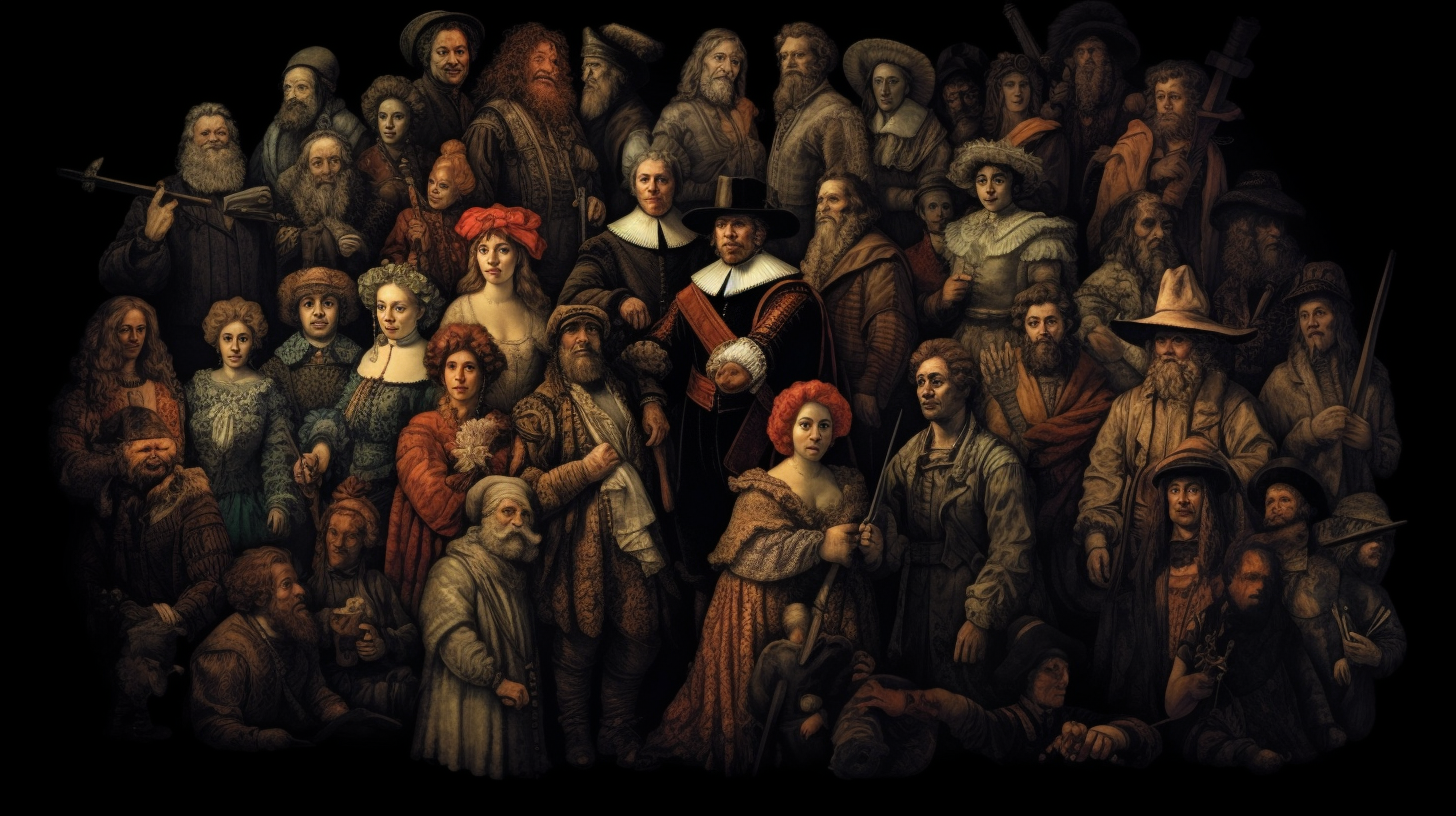Moderation is a difficult good. Which is why I watched, curiously, amused, mystified, at Reddit CEO Steve Huffman’s behaviour in June, 2023. NBC News reported: “Reddit CEO slams protest leaders, saying he’ll change rules that favor ‘landed gentry’: Steve Huffman, the Reddit CEO, told NBC News in an interview that a user protest on the site this week is led by a minority of moderators and doesn’t have wide support.” Reddit has a system that creates a system by which moderators, creators, and lurkers learn about their preferences, share knowledge, and share knowledge about sharing knowledge. It’s delicate. It’s reddit’s core asset. Which is why I’ve been mystified by Huffman’s behaviour. Let’s zoom out and look at Moderation and the[…]
Tag: social analytics
The Canadian state has had an interesting relationship with networks since the beginning. Networks connect things and enable outcomes. Those who direct and influence the State have preferences for what those outcomes should be. To understand how the state is grappling with the consequences of social networks, it might be useful to look at how it has grappled with physical networks. We’ll begin with some basic theory about the Canadian State. Canada is made of citizens. Some of those citizens become leaders. Those leaders try to create some explainable representation of society’s optimal social welfare function, and package it into something people can recognize, understand and vote for. They do that because they need the consent of the citizens in[…]
There are many calls to break up tech. Break up what, exactly? Regulate tech? Regulate what? There’s a lot of polarization about what to do about Facebook, Amazon, Apple, and Google. That polarization is in part driven by anger. Dig a bit deeper and see fear. Maybe you’re feeling it. Here’s how I see it. The Assumptions People are heterogenous. Peoples’ beliefs are heterogenous. Peoples’ willingness to believe are heterogenous. Peoples’ inventiveness and imagination are heterogenous. Peoples’ willingness to tell or repeat stories are heterogenous. Peoples’ susceptibility to stories, and to storytellers, are heterogenous. Peoples’ need to belong are heterogenous. People form networks because they need to belong. Information (Gossip, facts, stories) is transmitted along those networks. These variables (information,[…]


